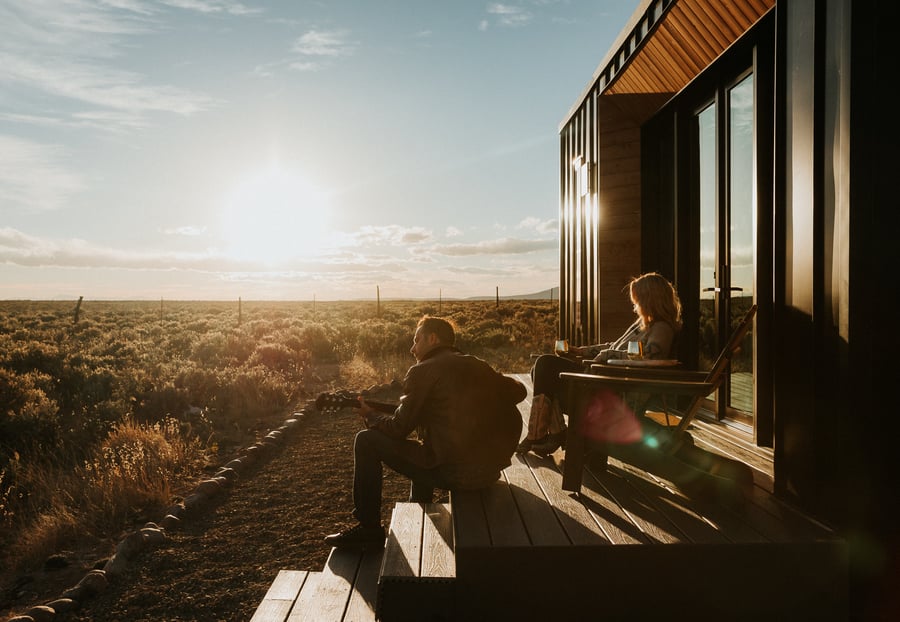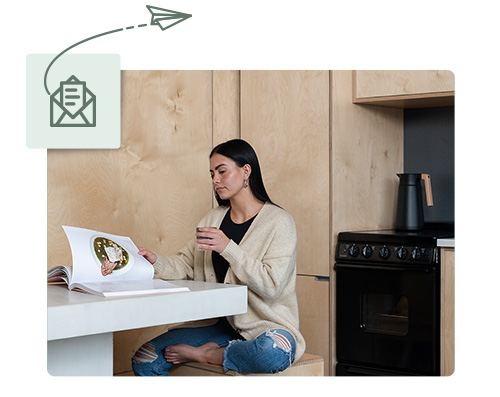From the perspective of real estate investors and other industry experts, modular buildings like ADUs are a great real estate investment. Restrictions are lifting in states across the country allowing accessory dwelling units to be added on both single-family and multi-family properties.
Before you decide on an ADU for your property, there are plenty of things to consider. These include the cost, design, number of units, and rental management.

ADU Return on Investment
An accessory dwelling unit requires some upfront costs, to be sure. However, the return on your investment when renting out an ADU is often quick and ample. Rental properties like this are becoming more desirable than ever, bringing in a steady stream of income to you each month. A new ADU will be particularly desirable to renters as well. Not to mention the value of your property will rise dramatically after making this addition. This allows you to sell your property for more or leverage it for future investments.
The amount you can bring in monthly when renting out a modular building on your property will vary depending on the size of the ADU and your location. It’s worth taking some time to look into this. You can often expect anywhere from $1500 to $3000 monthly, and likely even more in areas where housing is in high demand.
Some of the options to finance a modular property addition include a hard money loan or a home improvement loan. In some states, there are now laws that allow an ADU to be financed by someone who does not own the property where the unit is being placed. In this scenario, an investor could rent a backyard or garage to someone else, who would then finance the conversion or build. Just be sure to check the laws in your area, or work with a modular building company that is familiar with and handles these kinds of permits.
Adding a Modular Building to Your Property
There are two options to keep in mind when you want to add an ADU to your property: converting an already existing structure and building from scratch.
When converting an existing building into an accessory dwelling unit your options are a bit more limited. You have to consider the size, whether adding a bathroom and kitchen/kitchenette is feasible, and the availability of parking spaces on your lot. This option can also take more time (usually between three to six months to complete).
Building something from scratch or adding a prefab modular unit to your property can be easier and often much faster. This way you can have complete control of the location, design, and size of your modular unit. The unit can be detached a little farther from the main house as well, giving you and the ADU occupants more space and privacy.
Whether you convert a building that already exists on your property or add a new ADU, you are making a great real estate investment. Providing additional living space for you and your family, or renting the space out to someone else is good for your wallet and the community.
Tags:
ADU Education, Property Investment, ADUs in California, ADUs in Utah, ADU Regulation, Why ModularJuly 26, 2021
